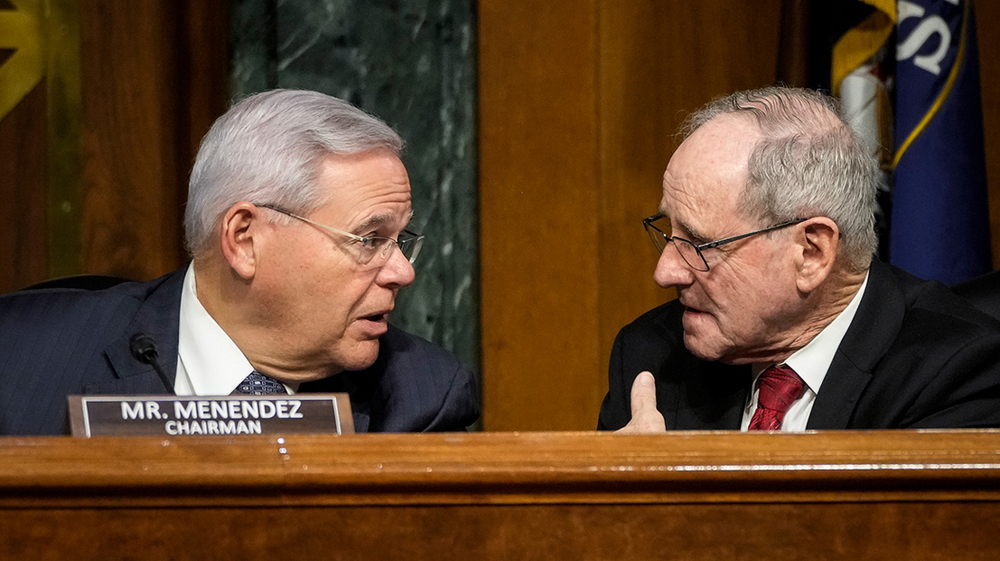US Senate takes first step to provide billions of dollars in military aid to Taiwan
The United States is moving closer to directly providing billions of dollars in military aid to Chinese Taipei (Taiwan), upping the ante against China which has warned Washington not to do it.
The United States for decades has sold weapons to Taiwan but the new Senate legislation will go further by providing US security assistance of $4.5 billion over four years, a step sure to infuriate Beijing, according to AFP.
The legislation also recommends sanctions on China if it uses force to try to take over the island militarily.
The US Senate Foreign Relations Committee on Wednesday approved the Taiwan Policy Act, the bill designed to make changes to the United States’ declared “one China” policy.
Lawmakers made the provocative move following a visit to Taipei by House Speaker Nancy Pelosi, in response to which China staged major war games.
Senator Bob Menendez, who leads the Senate committee, said that the United States "does not seek war or heightened tensions with Beijing" but needed to be "clear-eyed."
"We are carefully and strategically lowering the existential threats facing Taiwan by raising the cost of taking the island by force so that it becomes too high a risk and unachievable," Menendez said.
Senator Jim Risch, the top Republican on the committee, said it was "imperative we take action now to bolster Taiwan's self-defense before it's too late."
The bill will go to the White House after clearing the full Senate and House. US President Joe Biden has not said he will sign the bill.
Under the internationally-approved “one-China” policy, nearly all countries, including the US, recognize Beijing’s sovereignty over Taipei. However, in violation of its own stated policy, and in an attempt to unnerve Beijing, Washington continues to court the secessionist island, engaging in diplomatic contact with its anti-China government and supplying it with massive shipments of arms.
The Taiwan Policy Act of 2022 is described by US lawmakers as the most comprehensive restructuring of US policy toward the wayward island since the Taiwan Relations Act of 1979.
China's English-language paper Global Times on Tuesday warned that if the controversial bill gets passed, it will lead to the cancellation of Washington’s one-China policy and that China will take strong countermeasures.
The White House is well aware of the dire consequences if the draft is passed, said Xin Qiang, director of the Taiwan studies center with the Shanghai-based Fudan University and deputy head of the university’s US studies center. However, the White House’s power to persuade lawmakers against passing the bill is not as strong as one might have thought, Xin added.
The expert cited Pelosi’s provocative visit to Taipei as another example of the disagreement between the White House and Congress over Taipei policy. Before Pelosi’s visit, Biden had privately advised against the trip.
Chinese officials have vowed to take punitive countermeasures against those who “offend” China’s sovereignty.
VIDEO | Yemen; a bone in Israeli neck
D-8’s role in Iran’s economy after Cairo summit
China slams US as ‘war-addicted’ threat to global security
China ‘firmly opposes’ US military aid to Taiwan
VIDEO | Press TV's News Headlines
President Yoon Suk Yeol to be removed from office
At least 19 Gazans killed by Israeli airstrikes since dawn: Medics
Leader: Iran neither has nor needs proxy forces












 This makes it easy to access the Press TV website
This makes it easy to access the Press TV website